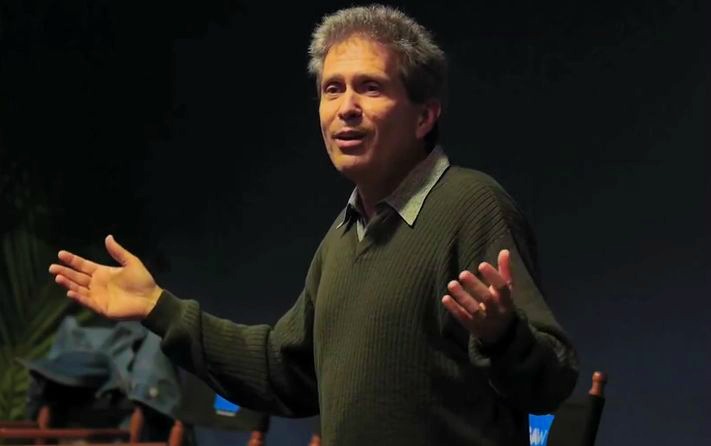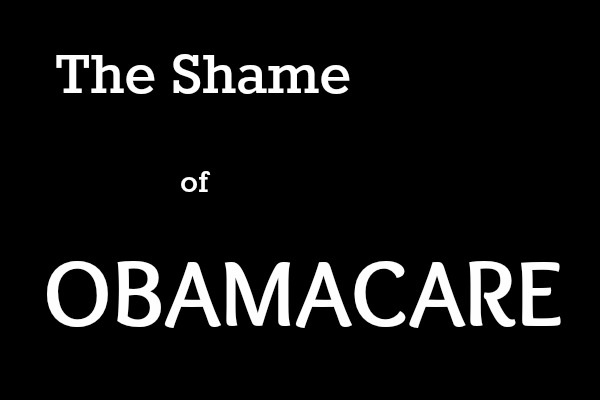
No need to go into every detail of the whole story of my life, but if I may, I would like to begin with my mother’s pregnancy with me. When I was seventeen, I learned a curious fact about that pregnancy.
The year before, my two uncles died, my mother’s two brothers, one in his fifties, the other in his forties, both of heart attacks. On my father’s side of the family, all the men died in their fifties, and my grandparents were dead before I was born, so I decided that if I ate the way these people ate, I’d be middle-aged at twenty-five.
My uncles’ deaths had set me thinking about becoming a vegetarian, and I decided to embark on that journey on the first day of summer vacation after my junior year in high school. That morning, I woke up and had an English muffin with jam for breakfast, and then the phone rang; it was my buddy Dave. I said, “Dave, congratulate me, I became a vegetarian.” He said, “That’s great. Since when?” I said, “Well, you know … since breakfast.” He laughed at me. And it’s a good thing that he laughed at me because it’s now been over 41 years without eating dead animals since that English muffin.
Dave, by the way, became a vegetarian himself a mere 25 years later, after seeing the movie Chicken Run. He was just morally outraged by the treatment of those Claymation figures. I should say he became a pescatarian; he still ate fish for awhile until he saw Finding Nemo. He’s not yet a vegan because they haven’t yet made a cartoon about cheese.
The next person to whom I told my news was my mother. I said, “Mom, guess what? I’m a vegetarian.” She said, “It’s about time, what took you so long?” I said, “What the hell does that mean?” She explained that when she pregnant with me, she was determined to raise me as a vegetarian, but the doctor talked her out of it, saying it would be dangerous for me, as my brain wouldn’t develop and my bones would be fragile and I wouldn’t grow up big and strong. So he scared her off her intention, thus cementing his claim on being the first doctor to ever harm me.
I said, “Wait a minute, Mom. You’re not a vegetarian, Dad’s not a vegetarian, Sheila (my sister) isn’t a vegetarian, so why were you going to raise me as a vegetarian?” She said, “Because, Glen, when I was pregnant with you, you felt like a vegetarian.”
I didn’t contest that statement. There was no point. I just asked, “Why didn’t you ever tell me that I was destined to be a vegetarian?” She said, “I was waiting for you to figure it out. What took you so long?”
Twenty years after turning vegetarian I would turn vegan. I would then meet my good friend Howard Lyman and work with him on the book Mad Cowboy, which was published in 1998 and has helped to turn many people vegan since.
Through my friendship with Howard Lyman, I got to know many of the leaders of the vegan movement in America. I learned more about the path I had chosen on instinct. And I learned that the correct human diet is actually not just a matter of choice or whim or opinion but is determinable through the science of comparative anatomy. Scientists examine the anatomical features shared by all mammalian carnivores, like cats, and the anatomical features shared by mammalian omnivores, like bears, and the anatomical features shared by mammalian herbivores, like the great apes. They look at the size of the oral cavity, whether the animal chews its food, the angle of the jawbones, the type of dentition, whether the saliva contains digestive enzymes, the acidity of the stomachs, the length of the intestines, the presence or absence of claws. And in every last characteristic, humans prove to be herbivores. Just like our primate cousins.
Yes, it’s true that male chimps will sometimes surround a monkey in the trees and grab it, slam it against the branches of the tree, break its neck and rip apart its living flesh. The male chimps will then give the female chimps some of the monkey meat in exchange for sex.
That is appalling behavior. It speaks to a view of romantic love that, in my personal opinion, borders on the cynical. But let’s be fair to the monkey-killing chimps—they’re not doing it for nutritional reasons. They’re doing it to get laid. When I was single, I did much worse.
I had no way to know it at seventeen, but the human taste for flesh was the primary reason we were chopping back the Amazon. And I certainly didn’t know it at seventeen, but the planet had begun melting, and the melting has accelerated, and the leading cause of the melting of the planet is animal agriculture.
Now I have no religion, so I’m not going to invoke God, but I can say this: it’s as if there were a God. It’s as if there were a God, and as if She were giving us a choice. We can keep eating animals and get fat and sick and leave billions of our fellow humans hungry and heat up the planet and devastate the earth, or we can eat plants.
It’s as if, like my mother, She’s waiting for us to figure it out, and wondering what’s taking us so long.
See Glen Merzer perform this story below:
Click to contact Glen Merzer!


